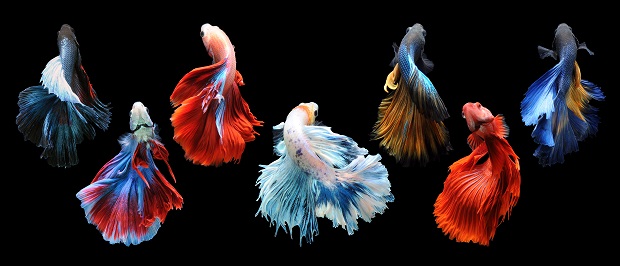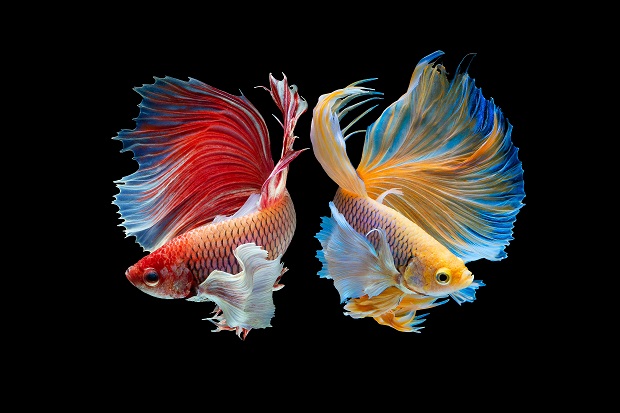Betta fish, otherwise known as the Siamese fighting fish, are undoubtedly interesting pets thanks to their colorful skin and high-spirited nature. In fact, it’s trendy among fish lovers to keep a betta fish. However, many are still unfamiliar with its care routine, resulting in the widespread belief that it has a short life span and is expensive to keep.
To guide you better, here are five tips that can help you properly care for your betta fish and enjoy the best of its company:

- Feed Them Right
Bettas are carnivores, which mean protein-rich food such as frozen or dried bloodworms, meats, insects, larvae, flakes, pellets, and shrimps are the best for them. There should be nothing restricting betta fish from getting to the water’s surface as they’re surface feeders. However, keep in mind that overfeeding must be avoided to prevent adverse health problems like constipation, swim bladder issues, and bloating.
Some breeders even consider allowing their betta fish to fast once a week to aid their digestive system. Dispose of leftovers from water tanks as they can promote water pollutants to breed.
- Get the Right Tank Size
Betta fish are surface swimmers, so a deep tank is not an ideal habitat for them. Don’t fill the water tank to its maximum capacity because it can restrict their access to the water’s surface, which is where they breathe with their labyrinth organ and gill.
Getting the accurate size for your fish tank can be tricky, which is why you have to visit Fish Lab to get professional recommendations. Since bettas are natural jumpers, always secure your fish tank with a tight lid to keep them from leaping out of the tank and jumping to their death.

- Fill the Tank with Just Enough Water
Betta fish usually prefer water with little to no current because they’re not strong swimmers. They’re from a tropical climate source, which means warm water is the best way to keep them healthy and safe.
With that in mind, an aquarium heater becomes a need and not an option. Moreover, don’t use distilled water as this is devoid of all the minerals bettas need to live on. Ensure the water added to the tank is also free from chloramine, ammonia chlorine, among other heavy metal substances and contaminants. You can also add aquarium salt to the water to promote strong betta fins.
- Set the Proper Temperature
The water temperature range in the aquarium should be between 78 to 82 degrees Fahrenheit. Keep daily track of the temperature to ensure it’s at an optimal level for your betta fish’s survival. Betta fish need light during the day, and darkness at night to settle for sleeping.
For this, artificial light is highly recommended as it’s more controlled; you can switch it off and on at the required moments. Using natural light like sunlight can raise the water temperature to a high level, which can cause algae to breed.
- Provide a Hygienic Habitat
A hygienic habitat is an integral part of caring for your betta fish. Keep your betta tank clean by using a good filtration system to prevent the oily film of proteins from shaping in the water. This also reduces harmful bacteria while retaining healthy ones.
Use regular bleach to clean the tank and its components instead of soap, as dirt may be tougher to get rid of. Water cycling should also be done often, as the aquarium is where your fish does all the breathing, eating, living and pooing, so don’t forget to check its water quality at least once a week.
Conclusion
Providing proper care for betta fish isn’t difficult once you can establish a consistent and healthy maintenance routine. Following the tips above can help keep your fish healthy, strong, and comfortable, with your fish tanks serving as great home decor. Now that you know how to care for them, get betta fish today and start nurturing them!
 World inside pictures Collect and share the best ideas that make our life easier
World inside pictures Collect and share the best ideas that make our life easier








